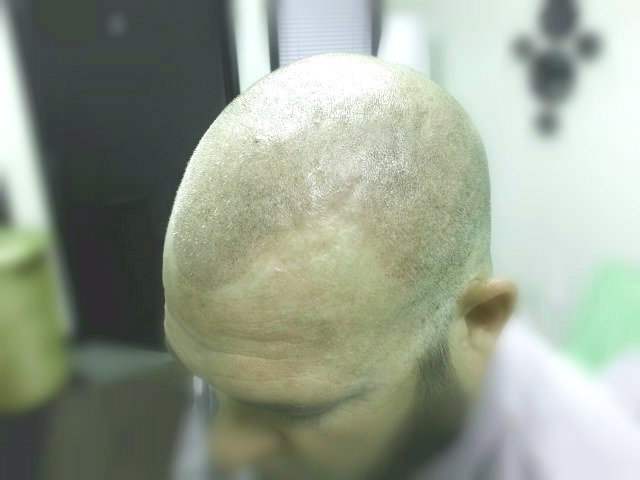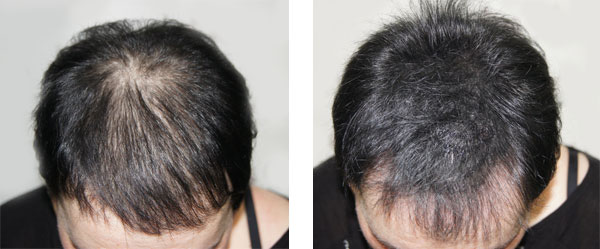Hair loss can hurt your mental well-being. Thinning hair may trigger stress. Many find a drop in their self-confidence. Balding is not welcome and can lead to social anxiety. Depression can follow. Hair loss often feels like losing identity. Your self-image shifts overnight.
Have you too experienced the psychological effects of hair loss? Then you are not alone. Several people undergo this kind of mental frustration at the sight of thinning hair, receding hairline, pattern baldness, or excessive shedding.
Effects of Hair Loss on Self-Esteem
Alopecia areata can create sadness. Men with male pattern baldness wrestle with identity. Women face anxiety when they see thinning hair. Self-esteem takes a hit. Some avoid social gatherings where their image could come under scrutiny. Others hide under hats only to avoid humiliation. Mood swings become common.
How to Cope?
Talk to a therapist about anxiety because you don’t want to hurt yourself more. Practice positive self-talk daily to avoid hurting yourself. Use mindfulness to manage stress. Create a balanced routine at home. Eat nutrient-rich foods for hair health.
Exercise boosts mood and circulation. Get at least seven hours of sleep. Avoid harsh hair treatments and heat. Use scalp massagers to improve blood flow. Try meditation apps to calm the mind. But if nothing helps, you might look for hair loss treatment options.
Hair Replacement Options
Wigs and hairpieces offer instant coverage. Choose synthetic or human hair pieces. Clip-ins and toupees hide bald patches. But wigs need proper cleaning and storage. The same is the case with hair systems that can irritate sensitive skin and make your problem worse.
Hair transplant surgery moves healthy follicles. But it is painful, expensive, and recovery can be long-lasting. What’s more, there is always a risk of scar formation on the donor site.
Then there are drugs like minoxidil that are known to slow hair loss. Finasteride can prevent thinning hair in men. But the effects of the treatment are visible only as long as you choose to take it. Once you stop treatment, hair loss returns.
Scalp Micropigmentation to beat the effects of hair loss
Scalp micropigmentation (SMP) is a cosmetic tattoo. It adds pigment to create a hair follicle illusion. The result looks like a shaved head with uniform stubble.
The best part is that SMP works for all skin tones and hair colors. It hides bald spots and blends with thinning hair. This hair restoration alternative requires no surgery. Unlike a transplant, SMP healing time is short. There is no scarring or grafting.
What’s more, the pigment resists fading from sweat and swimming. Better still, SMP costs less than a hair transplant. It helps improve self-image and reduce stress about hair. You don’t need any pills or topical treatments.
However, touch-ups may be needed after a few years. But one thing is guaranteed that the look stays natural and realistic. SMP is ideal for men and women of all ages. It suits early-stage thinning and complete baldness and might be your best choice when the effects of hair loss are starting to show up.
It supports mental well-being by restoring a full-hair appearance. The procedure takes a few sessions. Each session lasts two to four hours. Aftercare involves simple cleaning and avoiding sun exposure. The pigment settles over time. Results are long-lasting, typically five to ten years.
But you ought to pick a practitioner with certified Arizona SMP training. Beware of tattoo artists claiming SMP skills. A hair tattoo requires a specialized technique. A poorly done SMP can leave uneven dots. Bad work can be hard to correct. Schedule a consultation with top scalp practitioners in Arizona before booking.
Discuss your desired hairline design. Ask about pricing transparency. Request clear aftercare instructions. A skilled artist explains the entire process. They answer all your questions patiently. Finding the right expert guarantees a confidence boost that lasts.
You can find the best at DermiMatch Clinic.


